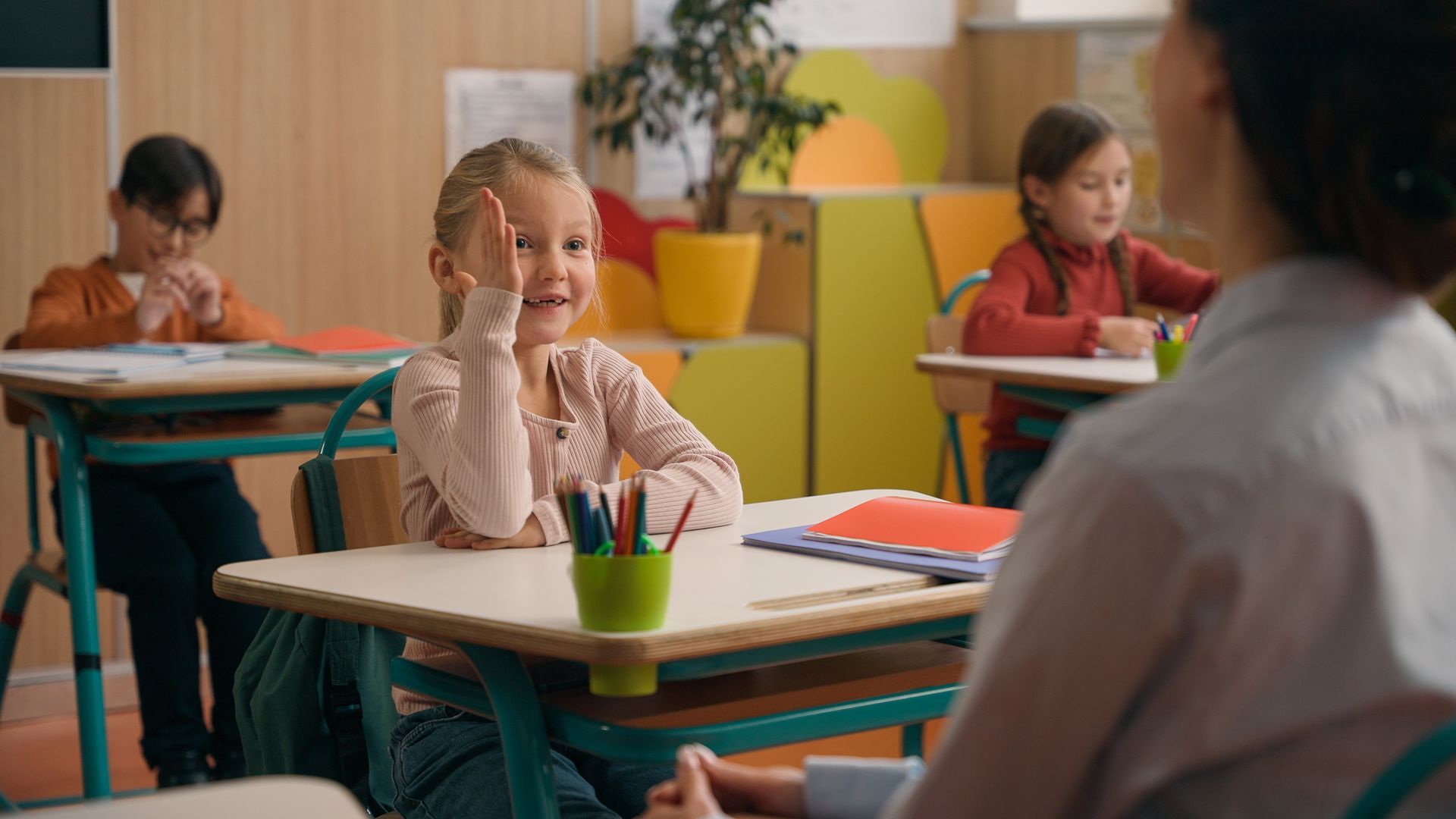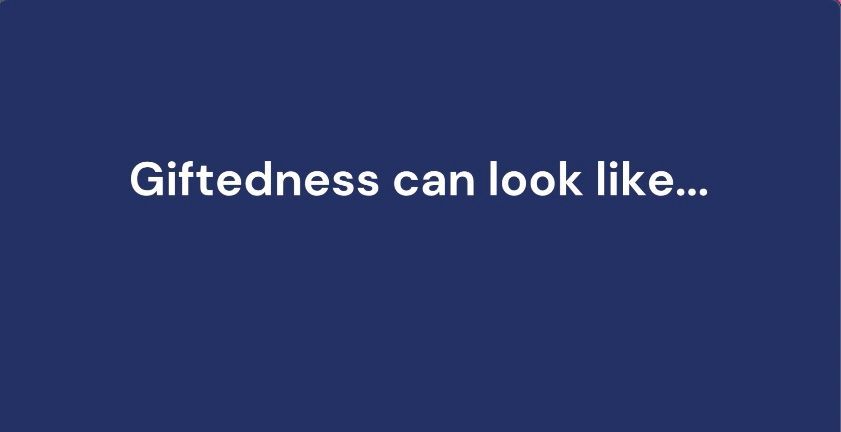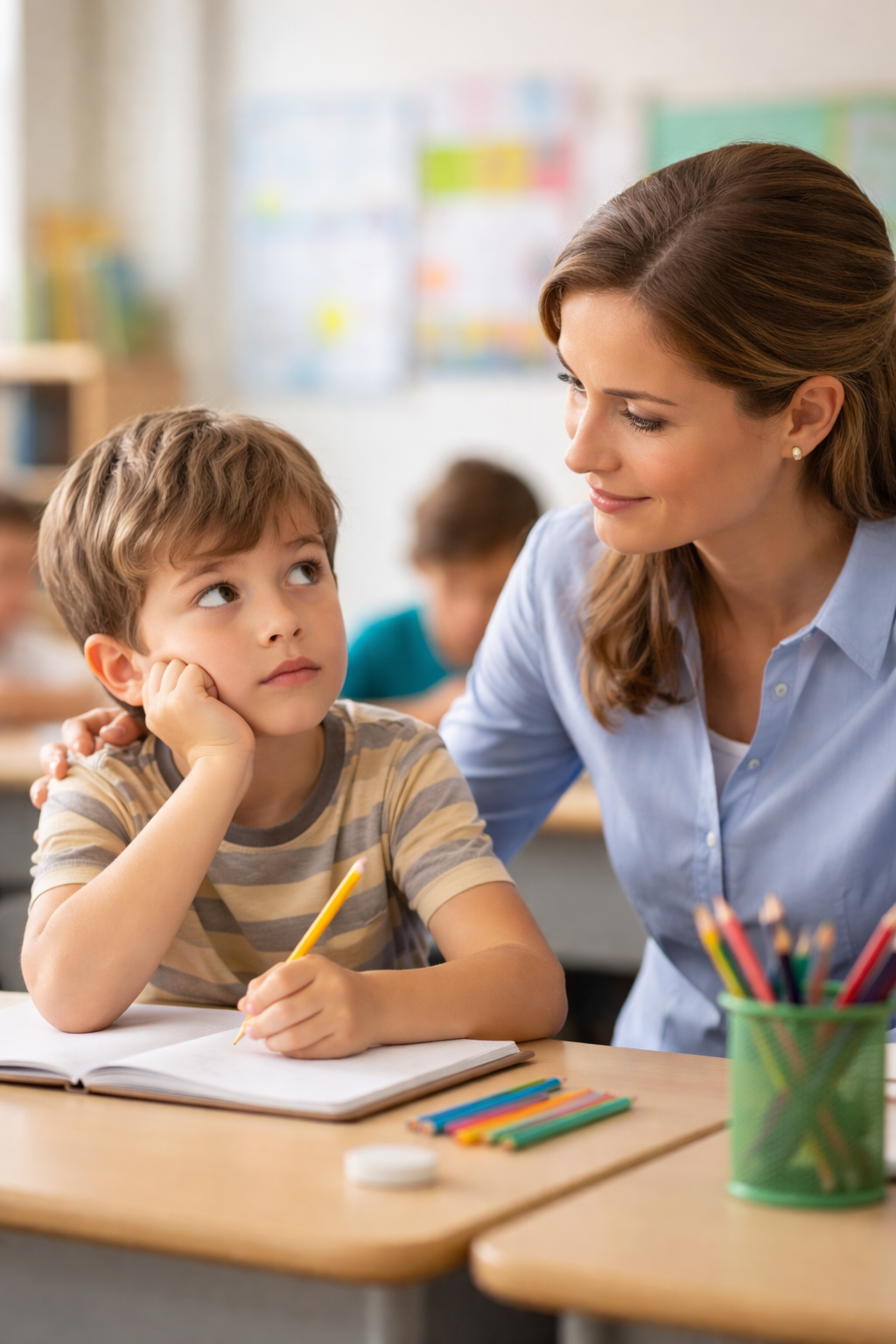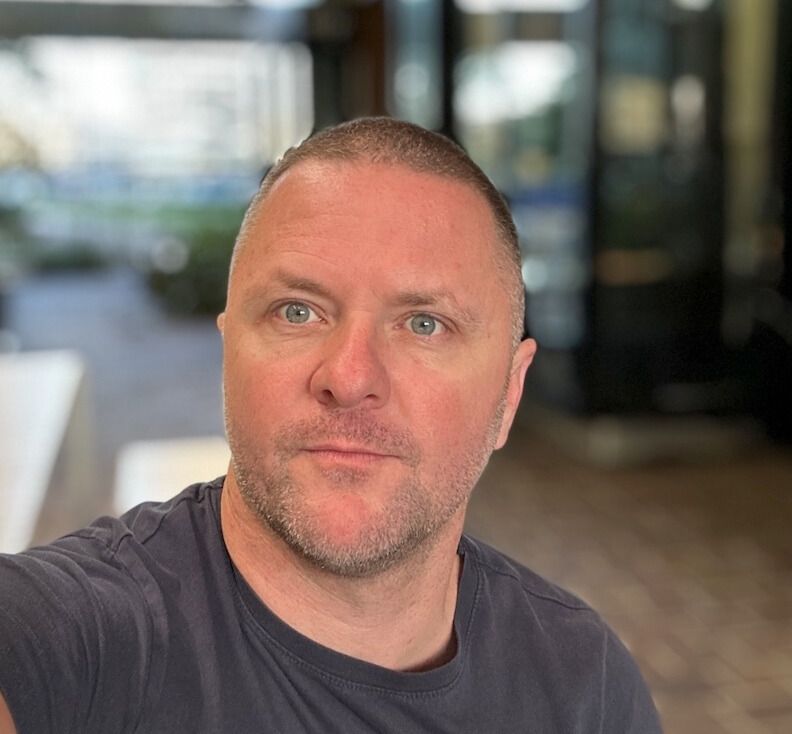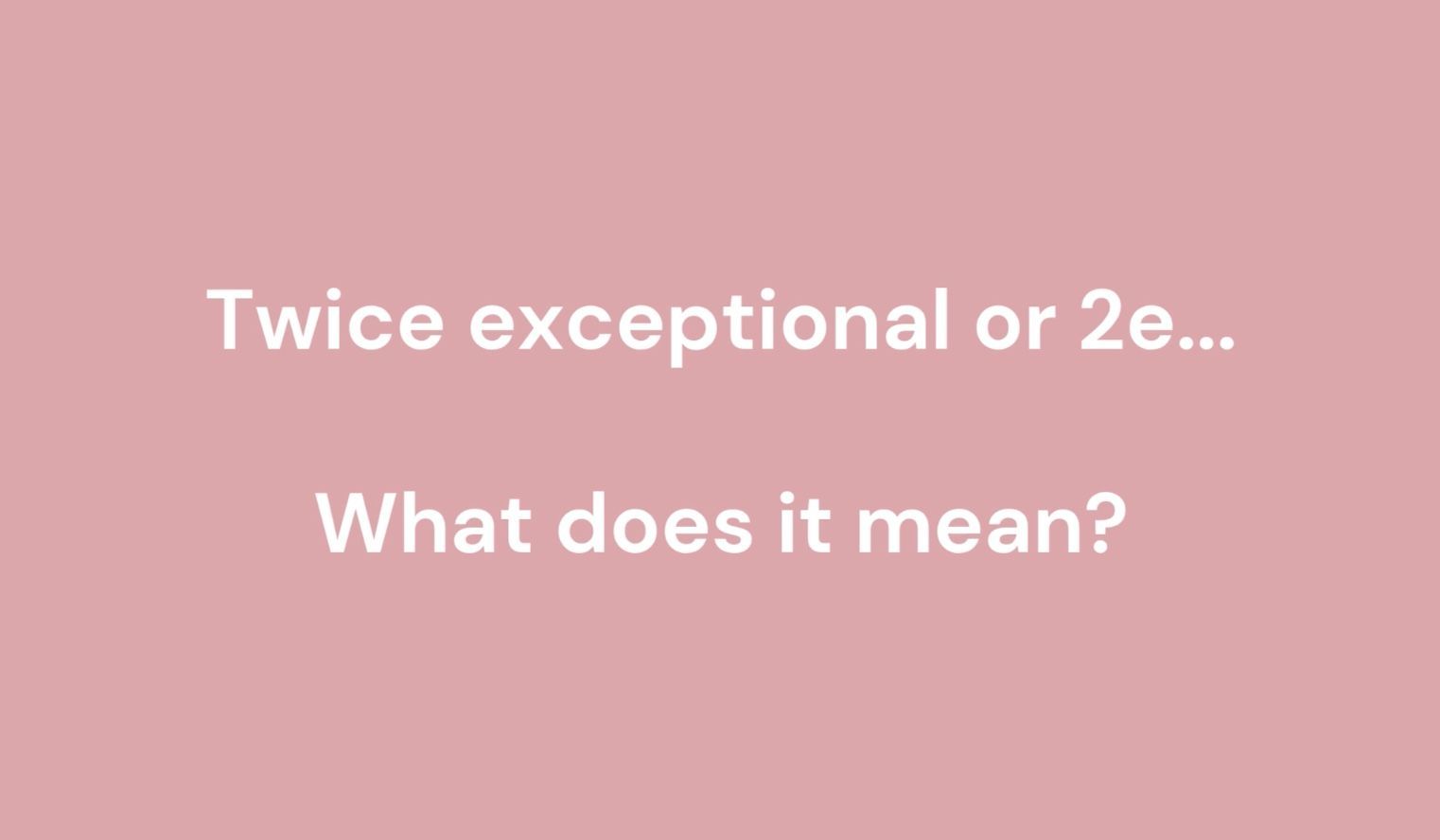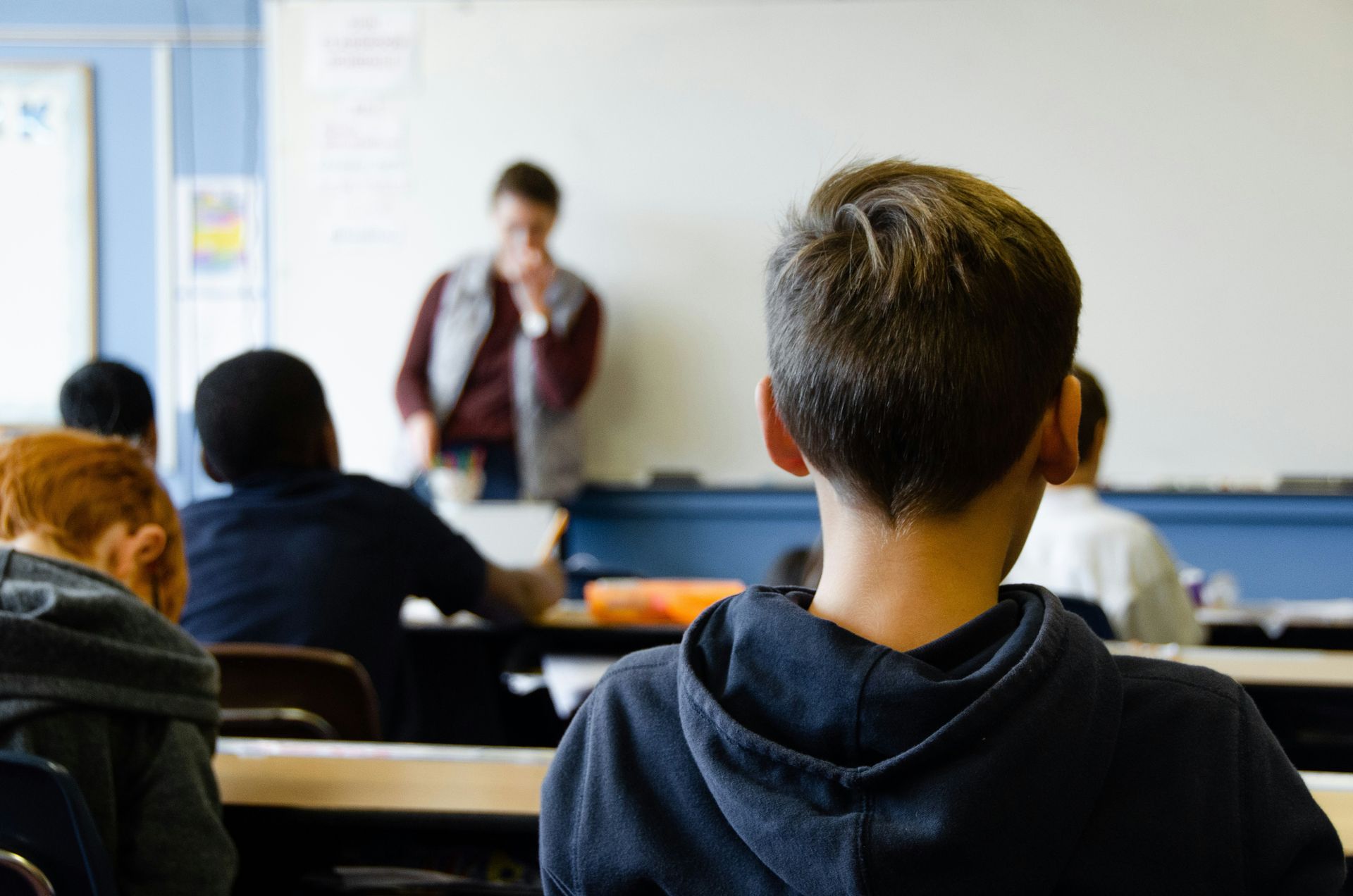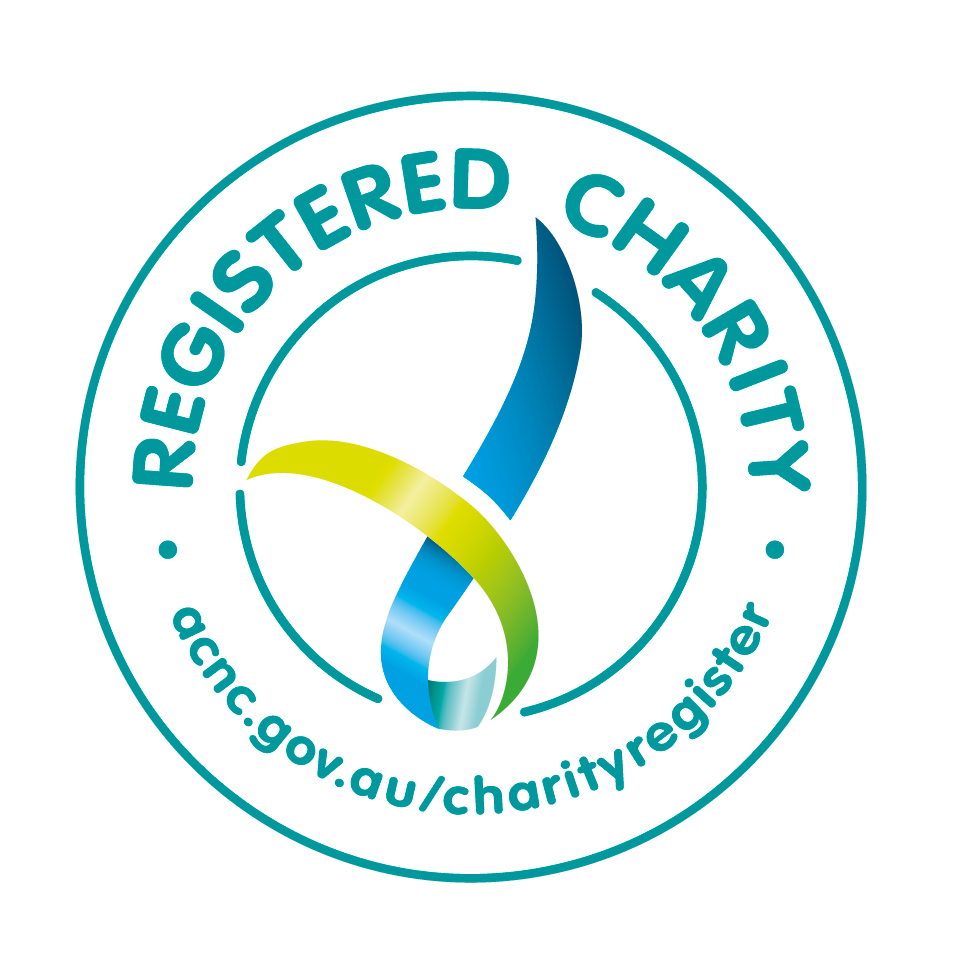AAEGT Concerned about Continued Decline in Top Achievers
2nd December 2019
MEDIA RELEASE
PISA 2018
The Organisation for Economic Co-operation and Development (OECD) today launched the Programme for International Student Assessment (PISA) 2018 results in Paris, France. The results are not good news for Australian Education and highlight, yet again, the lack of a comprehensive national agenda for our brightest minds.
In general, Australia's national mean score is down on 2015, which means that the overall waning since the start of PISA (2000-2006) continues.
“The percentage of students achieving in the top PISA bands has continued to decline, although Reading has plateaued somewhat. Fewer high achievers, more low achievers, declining averages. From a national education perspective, it is a travesty,” stated Melinda Gindy, President of the Australian Association for Education of the Gifted and Talented (AAEGT). “What are we doing as a nation to harness the capabilities of our high ability students?”
The Australian Curriculum, Assessment and Reporting Authority (ACARA) has spent much of the past decade designing, implementing and reviewing the new Australian Curriculum. Whilst the longitudinal impact of the new curriculum is yet to be realised, the structure of a curriculum that is built on a continuum works in favour for all students, including high-ability learners. Students are not bound by a lock-step system, rather they can access the curriculum based on their readiness to learn. The jury is still out on how schools and school systems are implementing the continuum of curriculum and assessment for high-ability learners in the way that it was originally intended.
“It is time that we prioritise our national resources in order to appropriately analyse the data received from the PISA 2018 testing and implement explicit, effective and equitable strategies to raise our educational standards”, continued Mrs Gindy. “This needs to start with mandatory pre-service instruction in gifted education so that educators are equipped to tailor the curriculum to match educational entitlement of gifted learners”.
Australia has thirty-seven universities nationwide that offer pre-service education degrees. Only three of these universities incorporate a mandatory module on gifted education and they are all located in the same state.
“All eight state and territory jurisdictions adopt a definition model which identifies giftedness (innate high ability) occurring in 10% of our population, across multiple domains. If we don’t see similar achievement levels, we need to acknowledge that we are doing something wrong”, Mrs Gindy stated. “As a nation, we are failing to provide our educators with the knowledge and tools they need to nourish our brightest learners. When we lower the level of teacher education at tertiary level, we lower the bar for our gifted students.”
“Why are we tolerant of failure? Why is our country so afraid of intellect and academic achievement? I call upon our national leaders to embrace and celebrate creative and critical thinking and the pursuit of excellence, starting with our educators”, Mrs Gindy said. “Furthermore, the AAEGT is calling on Federal Education Minister Dan Tehan to put in place a National Strategic Plan for gifted learners to improve the outcomes for high achievement of Australian students at an international level”.
Disclaimer: The views and opinions expressed in this blog are those of the author and do not necessarily reflect the official policy or position of the AAEGT.
Share this resource
Resources

